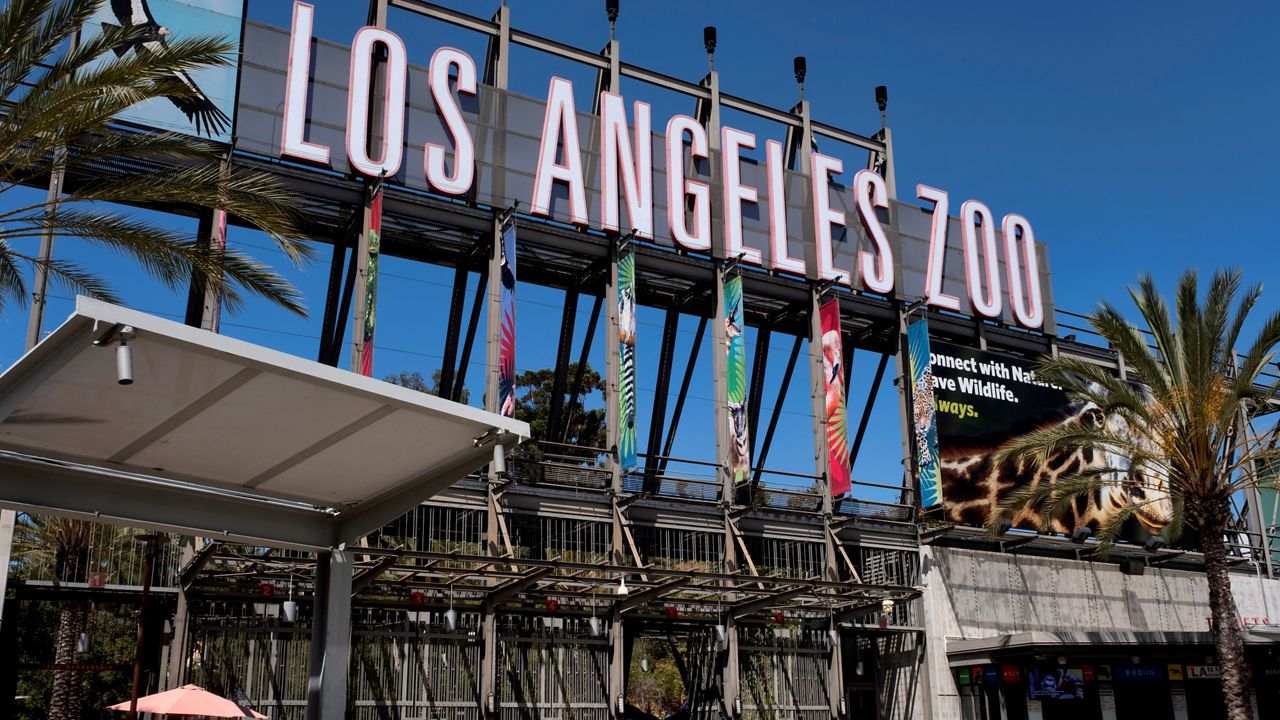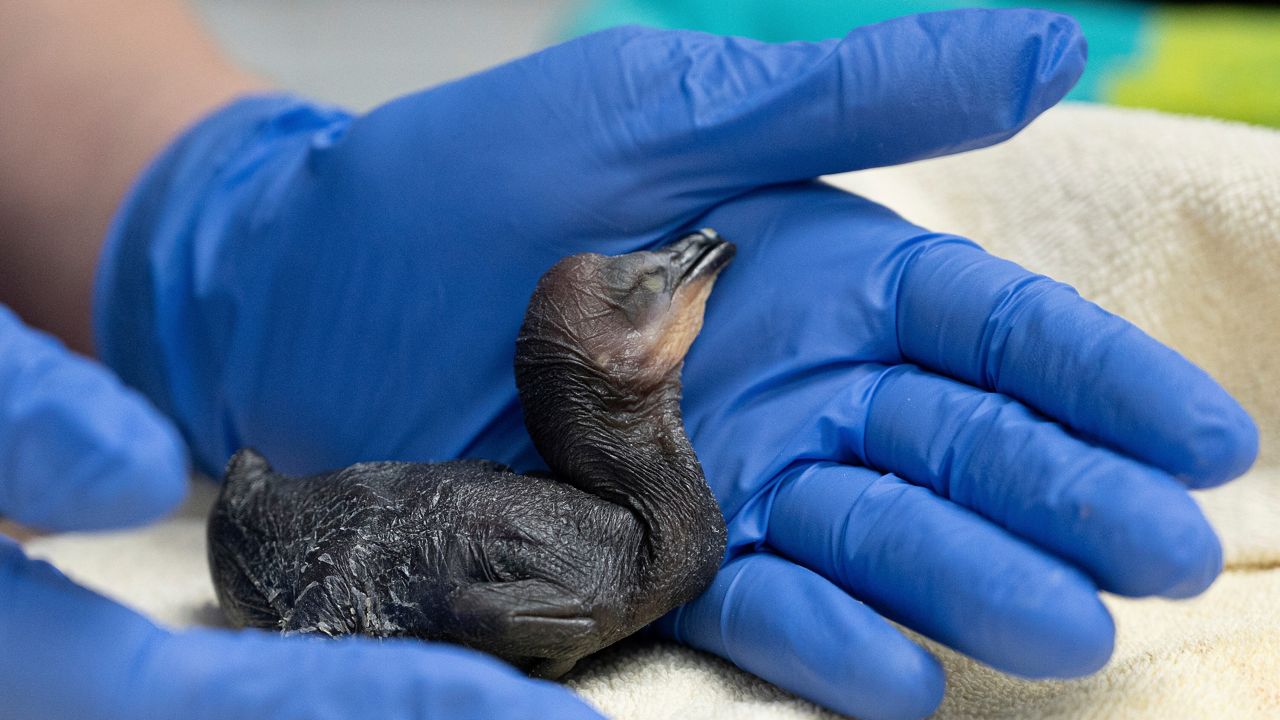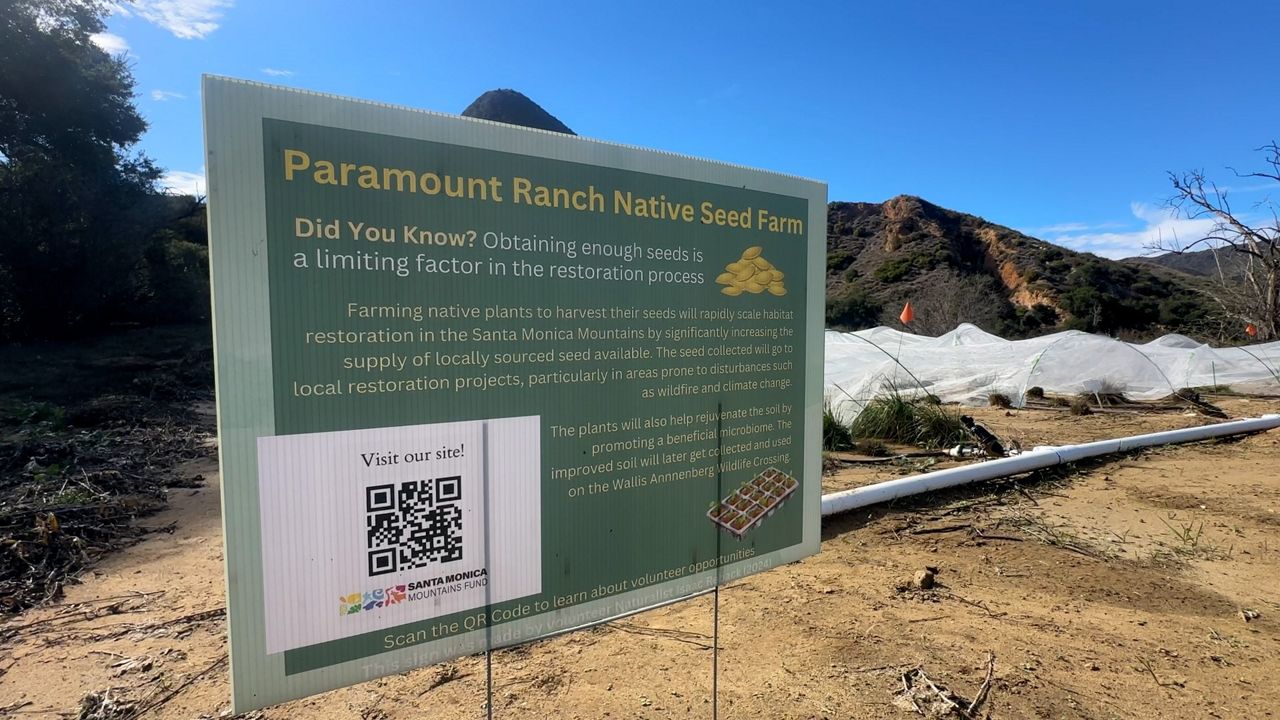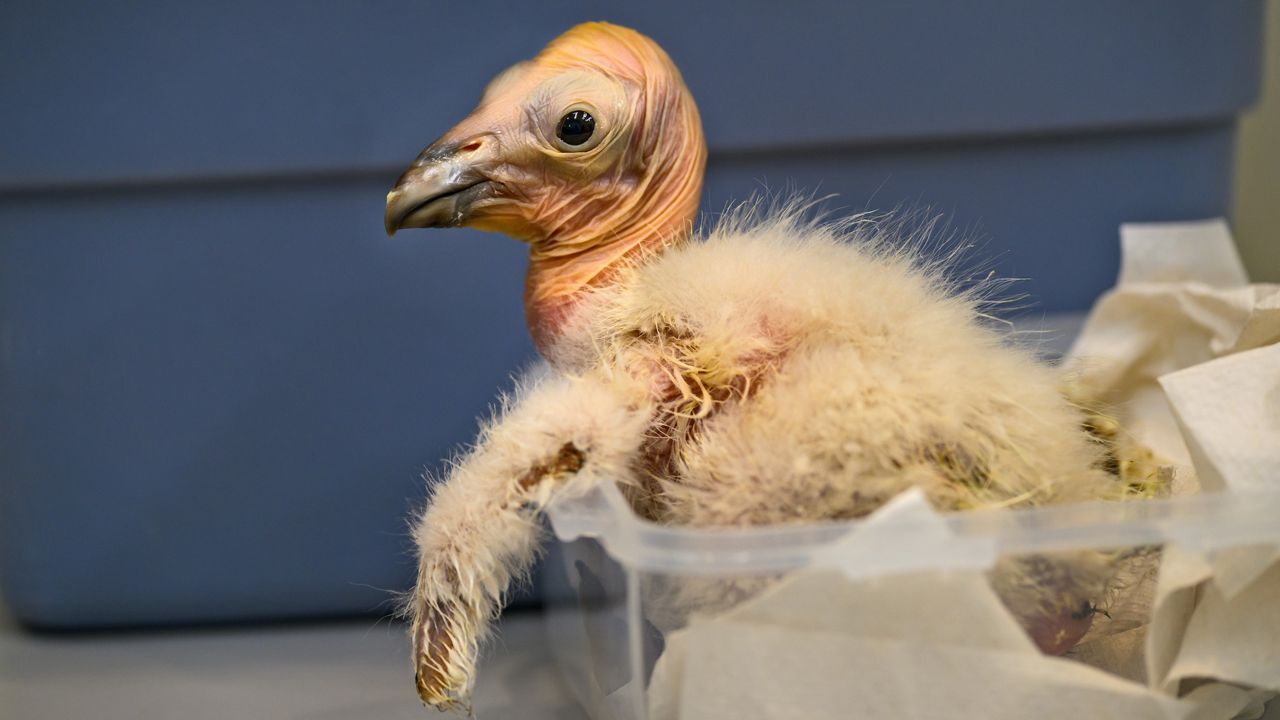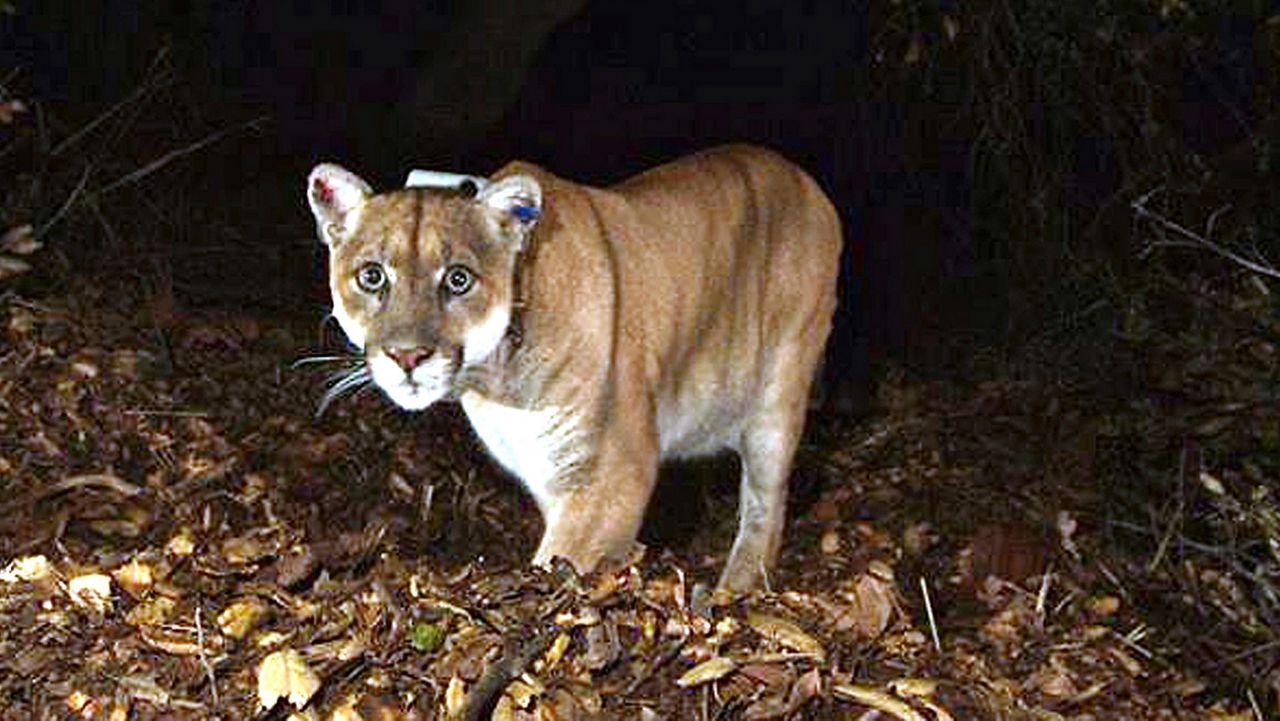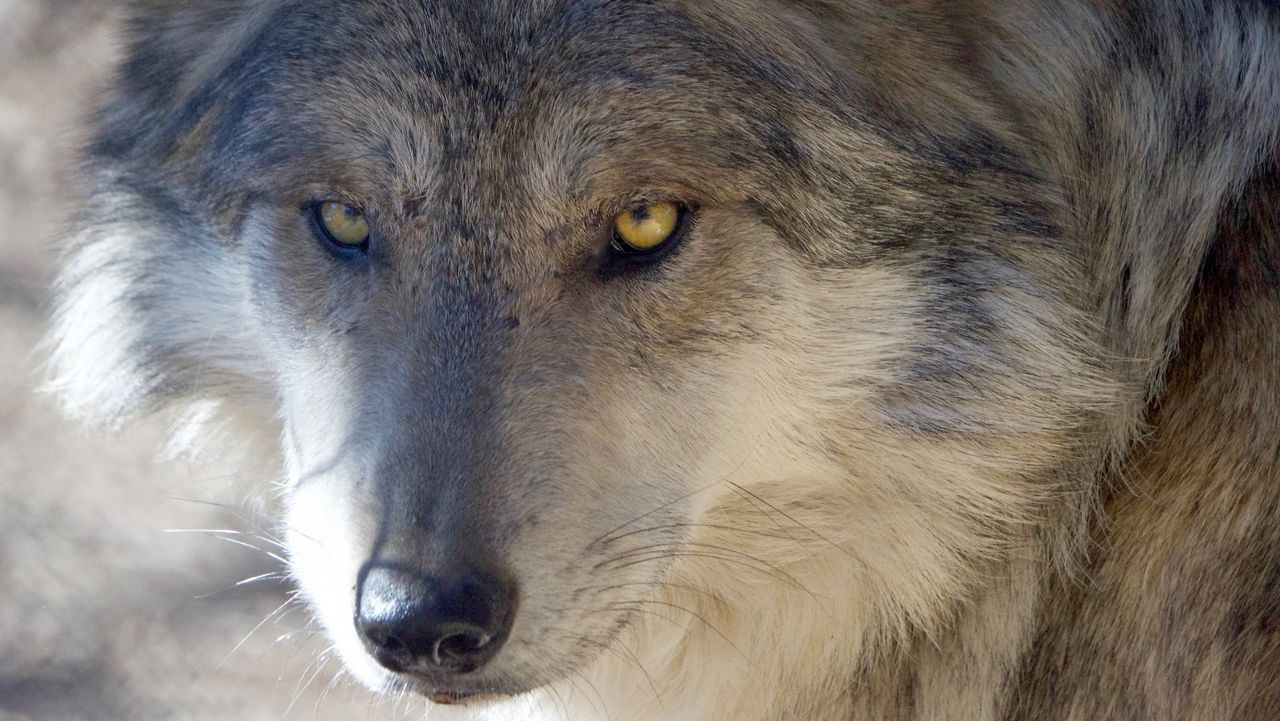LOS ANGELES — Ending a years-long debate about the welfare of the animals, the Los Angeles Zoo announced Tuesday it will relocate its two remaining Asian elephants to a newly expanded preserve at the Tulsa Zoo.
The elephants — Billy and Tina — will be moved to the Elephant Experience and Preserve in Tulsa. Zoo officials said the decision was made with the animals' care and well-being as the top priority, and the relocation "will afford them the opportunity to live among other elephants."
In a news release, the LA Zoo said the Tulsa Zoo recently expanded their elephant program and facilities and is currently home to five Asian elephants.
"Moving them to Tulsa, another AZA-accredited zoo with an excellent elephant program, will allow Billy and Tina to continue receiving exceptional care with opportunities to integrate with a larger herd," the LA Zoo said.
Billy, a 40-year-old male Asian elephant, came to the LA Zoo as a 4-year-old calf from Malayzia in 1989. At the time, the government of Malaysia was capturing and relocating wild elephants that were causing extensive damage to palm oil and rubber plantations due to their habitat being severely fragmented by agricultural activities, according to the LA Zoo.
Tina, a 59-year-old Asian elephant, came to the LA Zoo in 2010 from San Diego, with her companion, Jewel.
Jewel died in 2023, and another elephant named Shaunzi died in 2024.
The LA Zoo said both Billy and Tina are excellent ambassadors for their species.
“She [Tina] has helped to shed light on the issues that endangered Asian elephants face in the wild and helped teach visitors about her species. Billy and Tina are both loved by their many caretakers and generations of Angelenos,” the zoo said in news release.
Angelenos still have time to see Billy and Tina before they depart. A date for the move has not been determined.
Courtney Scott, an elephant consultant for In Defense of Animals, said in an email to City News Service that she was disappointed by the decision to relocate the elephants to another zoo instead of a sanctuary, as they have been petitioning the LA Zoo to do for the last 20 years.
Scott said the Tulsa Zoo's exhibit is far from enough space to accommodate the needs of far-roaming elephants.
"These two elephants have been existing in a constricted, barren zoo exhibit for decades, enduring physical and mental suffering. It is really tragic that they are not getting the opportunity to live the rest of their lives as the wild, free elephants they were born to be," Scott said.
In March, philanthropist and retired trial lawyer David Casselman offered to fully fund the relocation and lifetime care of the elephants to Cambodia Wildlife Sanctuary, a spacious refuge Casselman co-founded.
In his remarks, Casselman said the city doesn't have to pay anything, just get out of the way.
"We can crate Billy, we can take Tina with him, and we can move them to Cambodia — they'll have all the space in the most lovely existence for an elephant you can imagine," Casselman said. "All we need to do is convince the City Council to just let them go."
Casselman cited the successful relocation and recovery of Kaavan, "the world's loneliest elephant," who was transferred from the Islamabad Zoo to Cambodia.
According to Scott, the zoo did not consult with Casselman. There were also sanctuaries in the United States zoo officials could have considered as well, she added.
Animal advocates have called on LA to release the elephants, who they say are suffering from "grave distress" and medical conditions due to the limited confines at the zoo.
Max Pulsinelli, a spokesman for the zoo, said in an email to CNS that neither In Defense of Animals nor Mr. Casselman contacted or presented them with an offer.
"Even if we had, the cost of the move and activist agendas are not taken into consideration, only the wellbeing of the individual animals. Animal care decisions are made by animal care experts and zoo professionals within the context of the AZA Accreditation Standards," Pulsinelli said.




